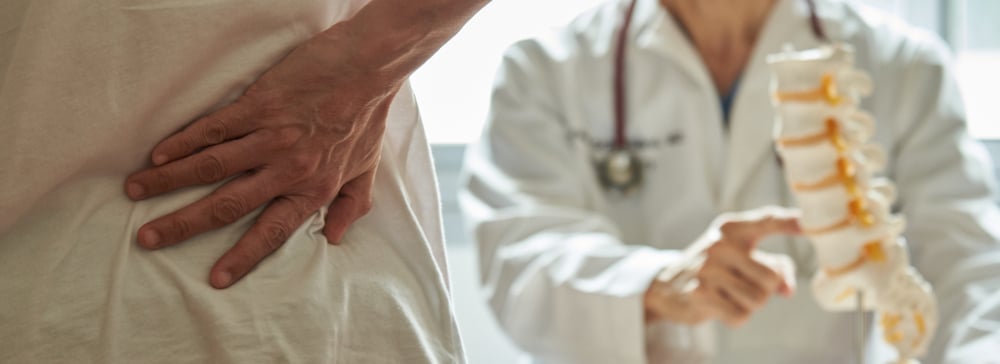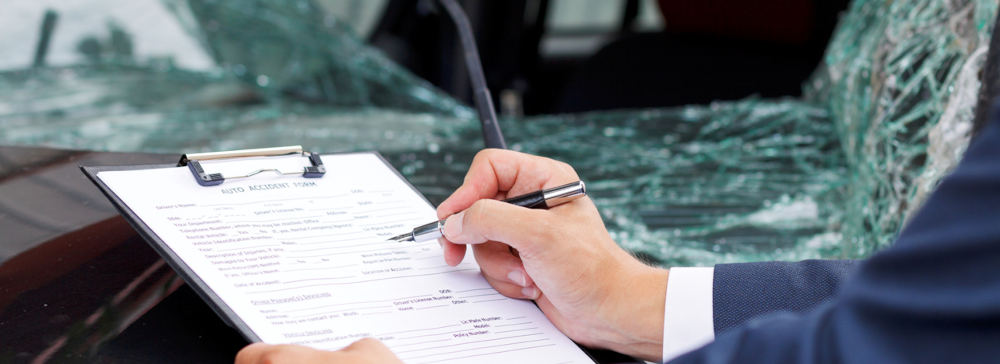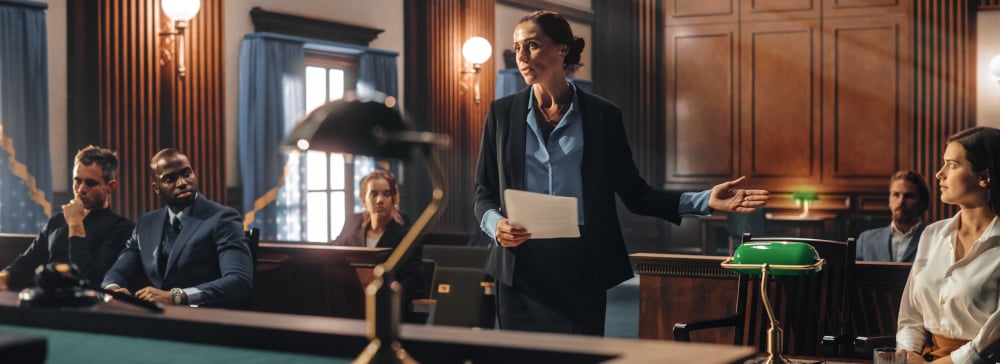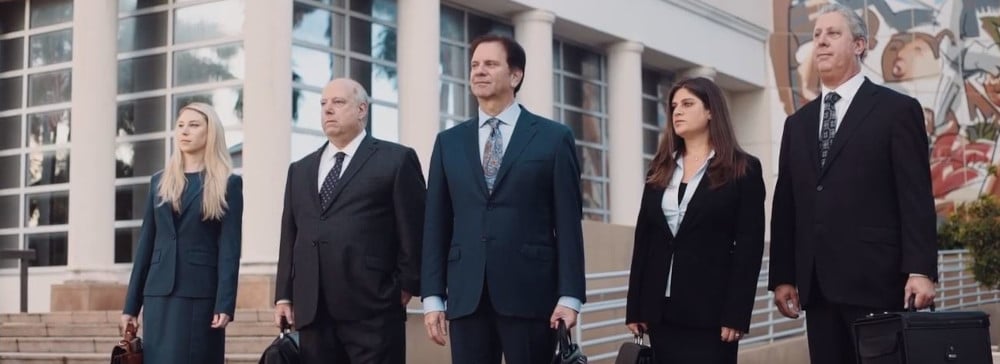Table of Contents
In St. Petersburg, buses are everywhere. They play a significant role in transporting residents and visitors around the city. Thousands of kids board buses every school day. Organizations charter buses to transport groups to special events. However, like any motor vehicle, accidents can happen. Because of a bus’s size and weight, accident victims may suffer serious injuries, and some may prove fatal.
A St. Petersburg bus accident attorney at Kogan & DiSalvo could determine which parties are liable for your injuries and help you get the compensation you need to rebuild your life. Call today to schedule a free consultation.

Recently, a PSTA bus was traveling west on 1st Avenue North. After it turned left to go south on Dr. Martin Luther King Street North, it hit a woman who stepped off the curb and sustained critical injuries. As a busy, congested urban area, motorists, pedestrians, cyclists, and bus passengers should always be cautious, especially at intersections.
Common causes of bus accidents in Pinellas County include:
Finally, driving over the speed limit is dangerous, especially when operating a bus.

Dealing with a privately owned bus company after an accident is usually more straightforward than a public entity. A private company is responsible for the conduct of its drivers and the condition of its vehicles. Your attorney will negotiate with the insurance company on your behalf.
On the other hand, public entities have sovereign immunity and claims against them are more complex.
Here are examples of public and private bus services in Pinellas County:
Public entities or private companies may operate shuttle buses. For example, the PTSA is in charge of the Suncoast Beach Trolley, an electrically powered shuttle bus. The shuttle serving St. Petersburg Clearwater International Airport is run by SuperShuttle Express.

Bus passengers are particularly vulnerable because seatbelts are not available. Passengers may also be walking or standing in the aisleway when the impact occurs. Heavy, unsecured items may fall on passengers from overhead.
Common injuries after a bus accident may include:
In addition, a pedestrian, cyclist, or passenger in another motor vehicle can suffer serious injuries or even a fatality if hit by a bus.

The first thing to do after any accident is call 911. Here are other steps to take after a bus accident:
You must also prove you were on the bus if that is how your injuries occurred. Keep your ticket or otherwise show you were indeed a passenger. Unfortunately, some people have filed fraudulent lawsuits against bus companies.

Florida is now a modified comparative negligence jurisdiction when it comes to liability. That means if a judge or jury deems the plaintiff more than 50 percent at fault for the accident, they usually cannot receive compensation from the defendant.
If the plaintiff is found 50 percent or less at fault, their recovery is reduced proportionally to their responsibility. For instance, a plaintiff found 25 percent at fault can still recover compensation, but their award will be reduced by that percentage.
Remember that if you were a driver or passenger in a vehicle and were hit by a bus, your injuries may fall under your Personal Injury Protection (PIP), part of Florida’s no-fault auto insurance. However, PIP does not apply to those injured while on a PTSA or other forms of public transportation. You can go outside the PIP system and file a lawsuit if your injuries are deemed serious.
Under Florida law, serious injuries are defined as the following:

Determining fault in a bus accident depends on the circumstances surrounding the crash. If another vehicle struck the bus, that driver may be liable. A city or municipality may be responsible if faulty traffic signals or hazardous roads contributed to the accident.
Florida considers buses common carriers. Therefore, bus companies and drivers owe a duty of care to keep passengers safe. You may be entitled to compensation if you can prove they breached this duty.

Compensation, or damages, in a bus accident may include:
Punitive damages are possible. However, Florida limits these damages to three times the amount of compensatory damages, or $500,000.

Florida’s statute of limitations for filing a personal injury lawsuit is generally two years from the accident date. However, if the accident involves a government entity, the statute of limitations is much shorter. That holds in situations involving a public school bus accident, a PTSA bus, or any bus owned and operated by a public entity rather than a business or private owner.
When a public entity is involved, the statute of limitations entails filing a notice of claim within 180 days of the accident. Failing to meet that deadline means your claim may be dismissed.

Bus accidents are complex motor vehicle accidents. You must focus on recuperating while relying on an experienced personal injury lawyer to protect your rights. Insurance companies will always try to settle for as little as possible or attempt to dismiss your claim altogether. That is their business model. Do not accept a settlement from an insurance company before consulting an attorney.
A bus accident lawyer in St. Petersburg will determine whether a government entity or a private company owns the bus involved in the accident. At Kogan & DiSalvo, we will conduct a thorough investigation, including gathering evidence such as available surveillance video, police reports, eyewitness interviews, the bus driver’s log book, and the maintenance records of the bus involved.
We can subpoena the bus driver’s cell phone records if the accident involved distracted driving. In some cases, we will hire accident reconstruction experts to determine the factors leading to the crash. Finally, if someone dies due to a bus accident, the family may pursue a wrongful death lawsuit.

If you or someone you know was seriously in a bus accident due to another party’s negligence or recklessness, you need the services of a personal injury attorney at Kogan & DiSalvo. Schedule a free, no-obligation consultation today to discuss your case. We work on a contingency basis, so you pay no legal fees unless you receive compensation.
If you are injured and unable to come to us,
our attorney will come to you - there is no charge for us to do so.